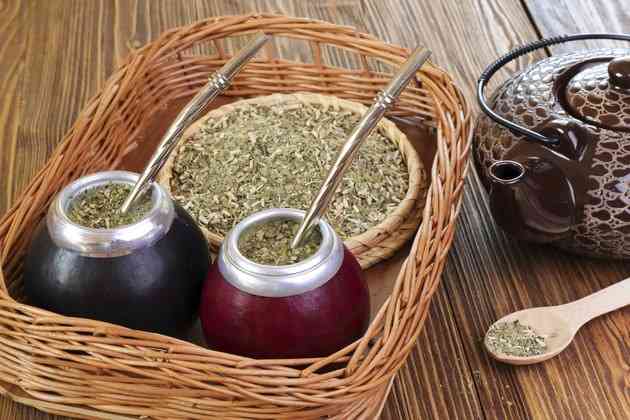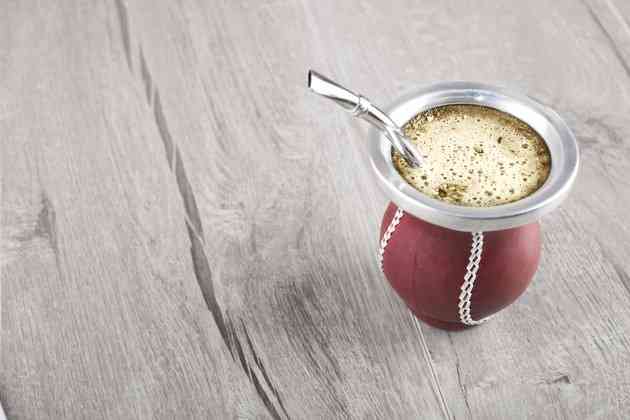Yellow Pea Protein Powder

In 2008, consumers spent more than $2 billion on fitness supplements like protein powder, reports the "New York Times." One such powder is pea protein powder. Derived from dried, ground and defatted green or yellow field peas -- the kind you find in grocery stores labeled as split peas -- pea protein powder can be used as you would whey, casein or soy powders.
 Two smoothies in a glass. (Image: DENIO RIGACCI/iStock/Getty Images)
Two smoothies in a glass. (Image: DENIO RIGACCI/iStock/Getty Images)Nutritional Content
A typical two-scoop, 25-gram serving of a commercial protein powder made only with yellow peas contains 6 grams of protein, or 13 percent of the recommended daily intake of protein for women and nearly 11 percent of the requirement per day for men. Of its 90 calories per serving, 68 calories are from carbohydrates with 2 grams of fiber and 14 grams of sugars. The pure pea powder is also a good source of iron, manganese and niacin.
How to Use It
Precision Nutrition researcher and coach John Berardi suggests combining pea protein powder vegetables, fruits, nuts or seeds, along with a liquid, such as soy milk or water. Drink this protein shake for a quick meal or a snack after exercising. Stir the protein into hot cooked cereals like oatmeal; add it to homemade energy bars; or experiment with it as a substitute for some of the flour in baked goods, such as cookies or muffins.
Possible Benefits
Yellow pea protein powder is a good choice for people who cannot consume whey or casein powder because of a lactose intolerance, or who are vegans or strict vegetarians. Former professional triathlete and vegan nutrition expert Brendan Brazier says pea protein is easy to digest and especially rich in glutamic acid, an amino acid essential for carbohydrate metabolism. Consuming a pea protein product, such as a shake or smoothie, within 30 minutes of exercising can help repair muscle tissue and decrease soreness.
Potential Disadvantages
As a plant-based product, pea protein powder does not contain all of the essential amino acids your body needs. To make an animal product-free shake with complete protein, you'll need to combine the pea protein powder with another protein source, such as brown rice powder or hemp powder, says Brazier. Pea protein powders may cause digestive problems, such as gas, bloating or diarrhea. The University of Alberta Health Centre website suggests that that many people spend more money on protein powders than natural food protein sources without any extra benefit.




